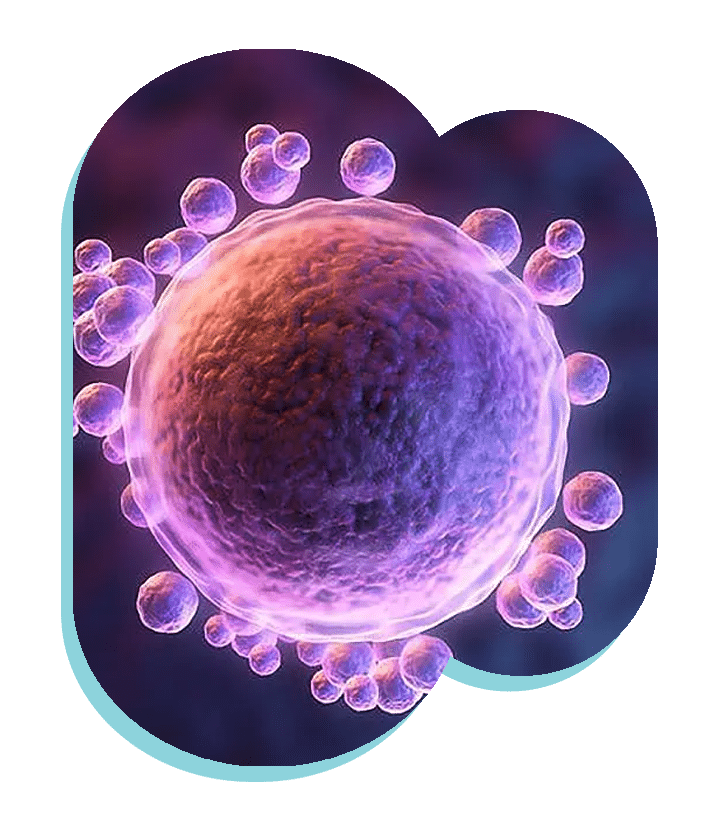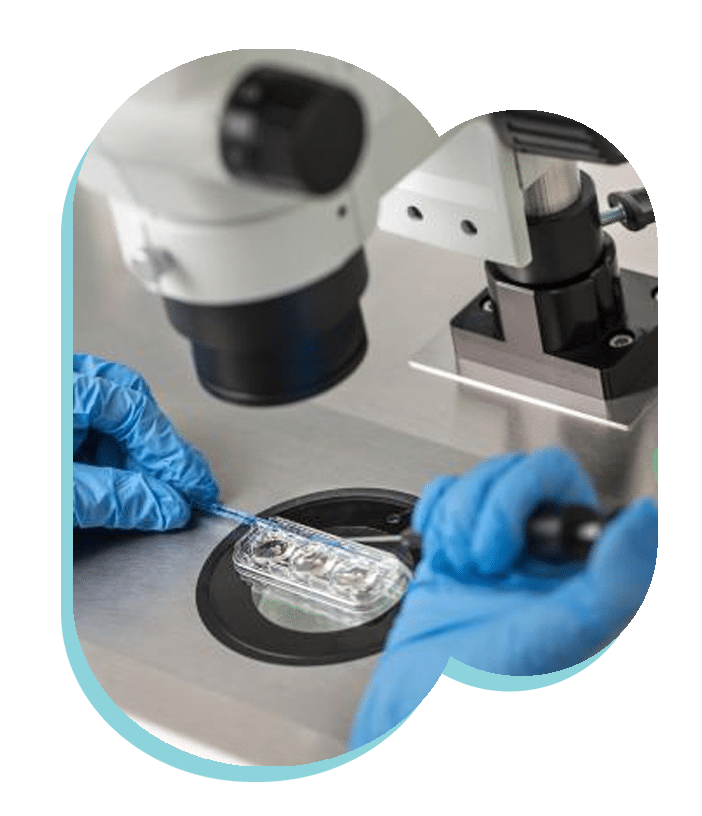Egg Donation
In Cyprus
When it comes to egg donation in Cyprus, the process primarily involves anonymous donors. In North Cyprus, there’s no central donor database and donors can donate up to five times, though this limit is hard to track without a registry.
The Cyprus Ministry of Health is creating a central donor record in southern Cyprus, where donors can donate once locally but may donate to non-residents according to their home country’s limits.
Due to donor anonymity, there are plenty of donors available, meaning no waiting lists in Cyprus. Gaia Fertility provides affordable egg, sperm, and embryo donation services
with high success rates.
Book Your Consultation Today
Is it legal to opt for an egg donor in Cyprus?
Yes, you can proceed with your plans for an egg donor in Cyprus via a reputed IVF agency experienced in IVF treatment in Cyprus.
Here, egg and sperm donors are required by law to be screened for infectious illnesses. Hepatitis B and C, HIV, syphilis, CMV, and Rubella are few of the diseases that make it into the list. Depending on the clinic, further screening tests may be performed.
Even though the Egg donation process is anonymous, recipients have access to a wealth of information about their donor like age, height, nationality, weight, skin color, blood type, hair color and so on.
The information would also include the medical history and background
Women with genetic conditions, failed IVF attempts, decreased ovarian function, or advanced age can benefit from Gaia Fertility’s donor program in Cyprus.
Our partner IVF clinics combine donor eggs with partner’s or donor sperm to create embryos, helping individuals and couples achieve pregnancy. Recipients can select donors from our in-house program. All donors and recipients undergo thorough screening before being matched and beginning the donation process.

What are the benefits of Egg Donation in Cyprus?
Donor eggs can be used during IVF for a variety of reasons:
- Premature ovarian failure condition
- Depleting ovarian reserve
- Diseases that are genetically inherited and can be passed down to your children
- Unsuccessful IVF treatments given the low quality of eggs
IVF with egg donation in Cyprus helps women with low-quality eggs, those past reproductive age, or those without ovaries. It’s also an option for those with hereditary conditions, unexplained infertility after multiple failed IVF cycles, and LGBT individuals.
The process involves synchronizing donor and recipient cycles, with donors receiving stimulation injections while recipients prepare their uterus for implantation.

Types of Types Egg Donors
- Donors who are not connected to the beneficiaries and are motivated by financial gains
- Donors who have been designated, such as a friend or relative who has been brought in by the patients to act as a donor
- Patients who are members in oocyte-sharing programmes. Women who have had IVF may be ready to give unfertilized eggs in exchange for a split of the IVF costs with the egg recipient

